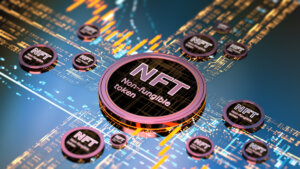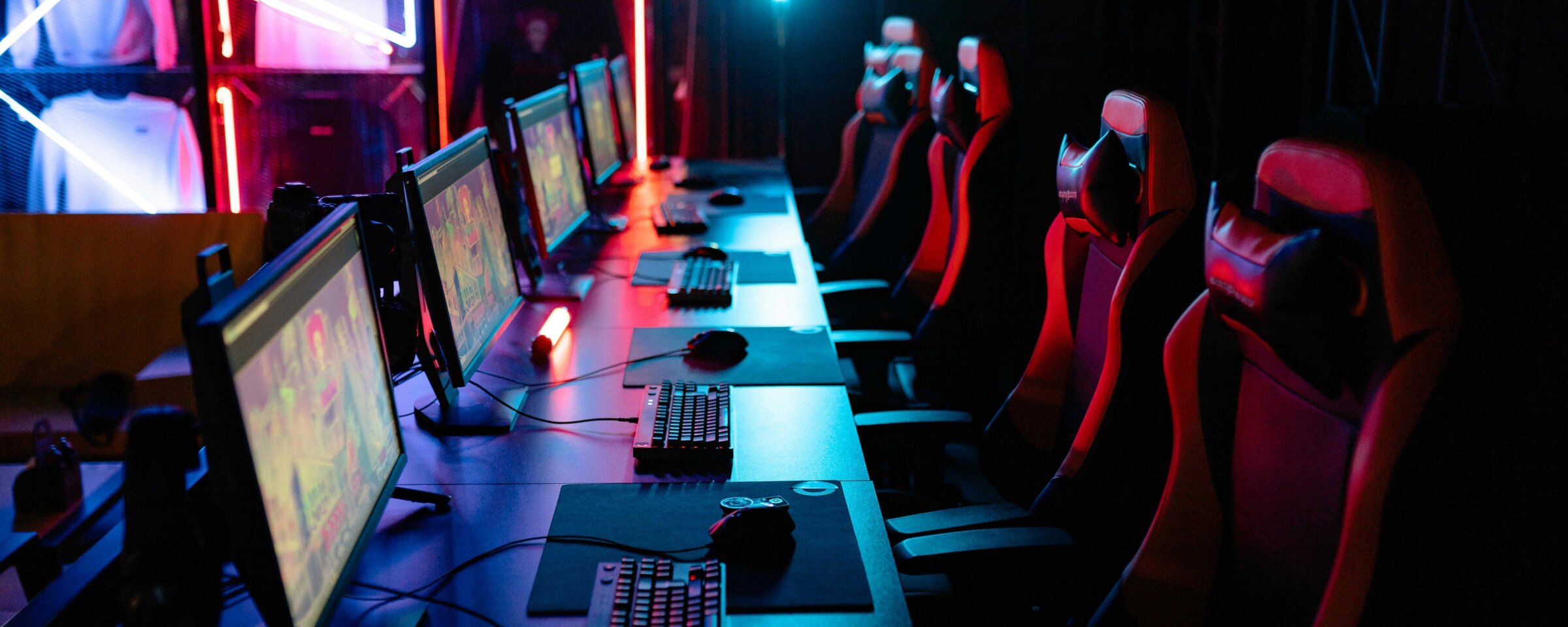E-sport, professional and competitive gaming, is much more than just a trend – so much so that it is shaping the future of sports retail. We interview Tobias Koser, Project Manager Marketing at SPORT 2000 International and André Navratil, Senior Category Manager Training/Lifestyle at SPORT 2000 International about the relevance of e-sports for sports retailers. They share their insights into the digital world of sport.
E-sports are booming around the world at the moment. Do you see this as a trend that is here to stay? Or is it more of a passing fad?
Tobias Koser: E-sports is far more than a passing fad. It is a growing sector with long-term prospects. This is definitely something that is here to stay and will have a major influence in shaping sports retail in the coming years.
How relevant are e-sports for sports retail?
Tobias Koser: E-sports boasts a steadily growing fan base and an impressive market size, which also offer enormous potential for sports retailers. It’s not just about selling gaming accessories, but rather about integrating e-sports into existing product categories. Sports retailers are currently benefitting from the popular interest in nutrition and hydration.

There are many ways in which e-sports differ from “classic” sports. Is this actually changing the sports industry? If so, in what way?
Tobias Koser: E-sports have broadened the traditional understanding of sport. The focus is no longer confined to physical activity, but increasingly on mental dexterity and strategic thinking. This change opens up new perspectives and opportunities for sports retailers.
You talk about new perspectives for sports retail. What could these look like?
Tobias Koser: There are opportunities for new or expanded product categories, for example around sports textiles, fitness, nutrition and hydration. E-sports also offers scope for new marketing strategies and initiatives, such as attractive sponsorship offers or product placement. It is also becoming increasingly clear that people who are interested in brands through gaming are now coming to bricks-and-mortar sports retailers to buy these products.
Team spirit is often at the heart of classic sports. How important do you see the community aspect as being in e-sports?
Tobias Koser: E-sports is a growing industry that inspires a large number of players and fans around the world – and is therefore a driving force. The e-sports community is known for its openness and acceptance of people from different cultures and backgrounds. Gamers come from all over the world and speak different languages, but they are united by a common passion. Community is an important aspect of e-sports. It brings people together and creates a community centred around their shared passion. This sense of community and enthusiasm can in turn be used to generate brand loyalty and improve the customer experience.

What benefits and challenges do you see e-sports presenting?
André Navratil: E-sports offers the great benefit of a global, digitally networked market, which in turn brings about rapid change. One challenge in the future will certainly be to move with these rapid market changes while always remaining authentic. This is the only way to address the specific target group.
Which is the target group most interested in e-sports?
André Navratil: The typical e-sports target group is young, tech-savvy and spends a lot of time online. This audience group is highly relevant for sports retailers, as new customer segments and long-term relationships can be established.
What are the innovations that are currently winning over young, tech-savvy people in the e-sports industry?
André Navratil: Non-fungible tokens (NFTs), a tangible asset that exists on the blockchain and is not exchangeable or replaceable, are increasingly being woven into the e-sports industry. Collector’s items such as trainers, jerseys or other fan merchandise are examples of this. You can own unique and authentic collector’s items through NFTs that cannot be duplicated or exchanged. This creates bridges between the virtual and the real world. NFTs often also serve as a key to exclusive experiences, strengthen customer loyalty and appeal in particular to a technology-orientated target group.

How do you rate the potential of e-sports events? And how can sports retailers benefit from this?
André Navratil: E-sports events attract millions of spectators worldwide. They offer sports retailers the opportunity to position themselves as part of this thriving and growing community and to benefit from the high visibility. Exciting fields are emerging, particularly around product placement and sponsorship. We predict that e-sports events will complement traditional sporting events and not replace them.
How have you already started to connect with e-sports at SPORT 2000 International?
André Navratil: The integration of e-sport events is firmly embedded in our “Multi-Category-Retailer” (MCR) concept. Hosting such events, directly in stores or on defined event spaces, is one of the fundamental characteristics of the concept. When we have a look at our ABSOLUTE TEAMSPORT retail concept, we already have made concrete points of contact with e-sports. For example, selected stores have Playstations currently available to customers and FIFA tournaments directly at the point of sale. ABSOLUTE TEAMSPORT also already features on the perimeter advertising on EA Sports’ FIFA 24 computer game. We are eager to see where the journey with e-sports will take us.

Tobias Koser – Project Manager Marketing at SPORT 2000 International

André Navratil – Senior Category Manager Training/Lifestyle at SPORT 2000 International
Photo Credits: cottonbro Studio (pexels.com) / Yan Krukau (pexels.com) /Case Western Reserve University / SPORT 2000




